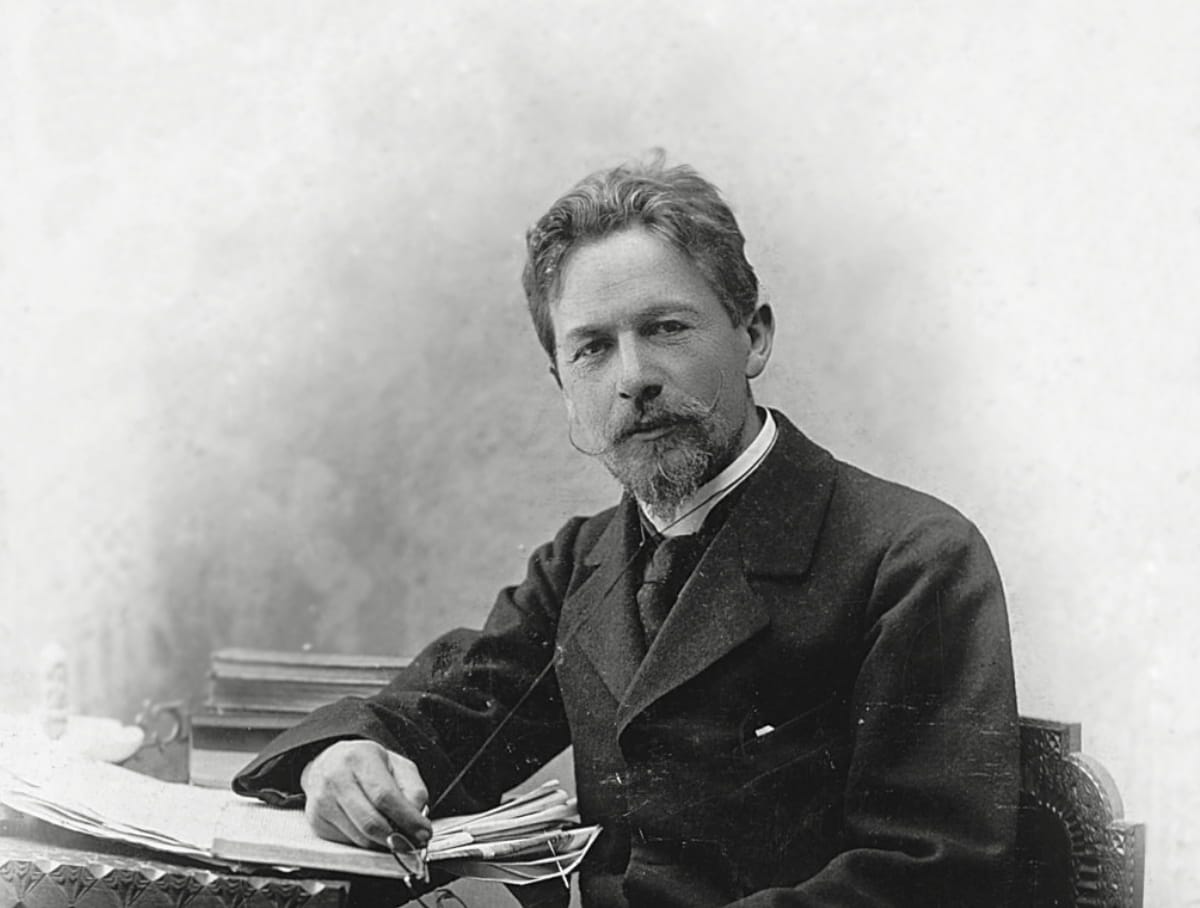There is a popular aphorism on the Internet that compares the complexity of ordinary life and periods of crisis. We checked whether the author of these words is really Anton Pavlovich Chekhov.
The full quote reads: “Every fool can handle a crisis. What is more difficult for us is everyday life.” These words are attributed to Chekhov by such resources as aphorism sites (“Pearls of thought», Socratify.net, Mislitel.info, wisdoms.ru), social networks (“VKontakte», Facebook), a website dedicated to the writer chekhov-lit.ru, as well as English-speaking printed reference books quotes.
The written heritage of Anton Pavlovich Chekhov fit into a 30-volume volume collected works, published in 1974–1982 in the USSR. More than half of the volumes consisted of letters, articles, notes and diaries of the writer, but we do not find such statements either in them or in works of art. Moreover, searches show that the quote appeared and proliferated in the Russian-language segment of the Internet only in the last decade. Moreover, one of the earliest cases was the translation of an article in an American publication The Chronicle of Higher Education in 2013, the author of which simply could not find this quote from Chekhov after hearing it from his wife. And only then did she really start meeting en masse at numerous pages with Chekhov's aphorisms.
This means that the tracks lead us to the English-speaking world. Moreover, among the above sources in English there were also books published in the 20th century, and additional research suggests that the quote “Any idiot can face a crisis; it’s this day-to-day living that wears you out” with attribution to Chekhov first appears in publications 1980-s. Where did it come from abroad? Researchers from the site Quote Investigator discovered a very similar idea in the repeatedly filmed epistolary novel “Daddy Long Legs” (1912) by American writer Jean Webster: “Anyone can rise to crisis and face crushing tragedy with courage, but to face small daily dangers with laughter—I do think it takes spirit.”
Many years will pass, and in the classic American film "Country girl" (1954) Bing Crosby's character, an alcoholic trying to get back into show business, says: "I ran into a crisis down there in Boston and got away with it. Almost anyone can face a crisis. Everyday life is hard.”
Another 17 years passed, and in 1971 an anthology entitled “Theater tradition”, containing, among others, Chekhov’s play “The Cherry Orchard”. In the preface, the authors quoted a line from The Country Girl, noting: “The script was written by Clifford Odets, the chief heir to the dramatic tradition of Anton Chekhov in America, and in this one line he embodied the lesson of his teacher.” This sentence contained one error (the script was actually written by George Seaton, the film's director, and there is no such citation in the original source, Odets' play) and apparently led to another. Some of the readers inattentively read the thoughts of literary scholars, and at least in 1979, an attribution to Chekhov appeared in the book “Successful time management"by Jack Furner, after which she ended up in collections of aphorisms.
Thus, the quote attributed to Anton Pavlovich Chekhov actually turned out to be a distorted quote from the 1954 American film “The Country Girl,” although a very similar idea had been found in literature before.
Incorrect quote attribution
If you find a spelling or grammatical error, please let us know by highlighting the error text and clicking Ctrl+Enter.






